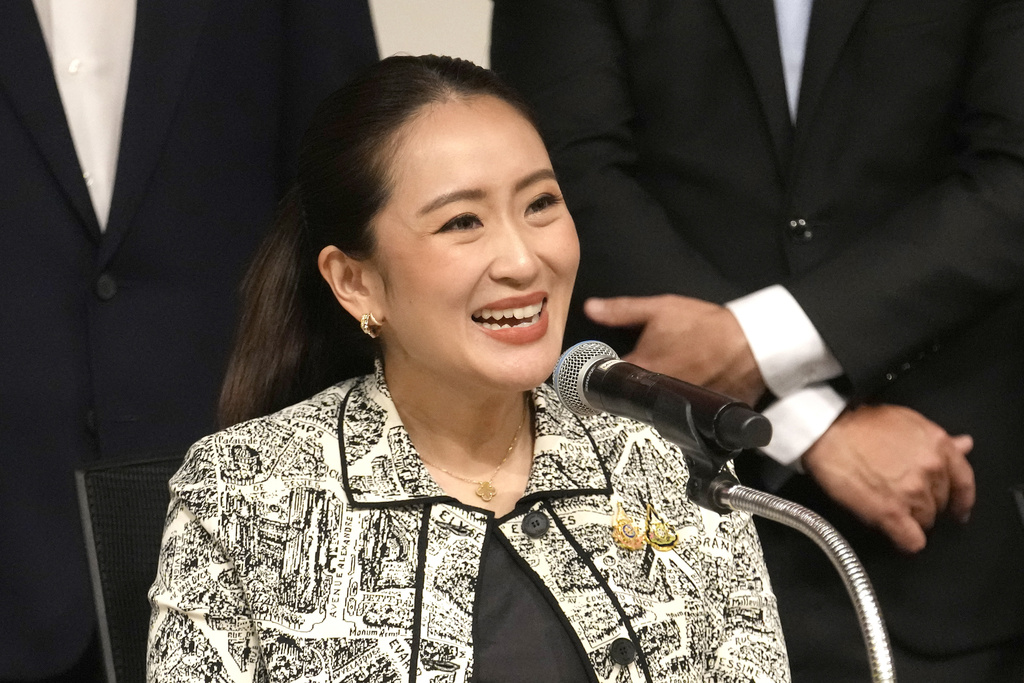
The government, led by Paetongtarn Shinawatra, has crossed the 100-day mark, prompting widespread debates about its accomplishments. Paetongtarn’s 35-member cabinet took office on September 4, 2024, following royal endorsement. This marks the second administration under the Pheu Thai Party since the 2023 elections, succeeding the Srettha Thavisin government, which collapsed due to ethical violations.
Paetongtarn became prime minister after internal party deliberations favored her over Chaikasem Nitisiri. Her appointment faced skepticism due to her youth and inexperience. Critics grew vocal as her administration dealt with severe floods in northern Thailand shortly after taking office. Delayed visits to affected areas sparked criticism over a lack of leadership during a national crisis.
A turning point came with the government’s revised digital wallet program. On September 4, 10,000 baht payments began for state welfare cardholders instead of a full digital currency rollout. While the program reached millions, opponents criticized the shift from the initial pledge of economic stimulus.
By December, the government attempted to highlight its accomplishments after 90 days in office. Paetongtarn described the period as a learning phase, focusing on setting goals for the year. She introduced plans to improve flood management, tackle PM2.5 pollution, boost affordable housing, and promote local craft beer production. However, critics viewed the address as overly focused on future promises rather than current achievements.
Meanwhile, speculation surrounds Energy Minister Pirapan Salirathavibhaga, leader of the United Thai Nation Party (UTN). Rumors of a cabinet reshuffle have fueled uncertainty about his role, though Thaksin Shinawatra, Pheu Thai’s influential figure, publicly supported Pirapan’s push to lower electricity costs and end monopolies.
Political analysts suggest that UTN faces challenges in maintaining cohesion. The party, founded by former Prime Minister Prayut Chan-o-cha, secured significant votes in 2023 but now risks losing financial support and internal unity. Despite Prayut’s retirement, the party remains focused on his policies, aiming to attract new backers before the next election.
Pirapan’s role and the UTN’s stability are pivotal in shaping the government’s future, with energy reform at the center of ongoing political dynamics.
Search
Categories
Latest Post


Thai Property Developers Call for Government Action as Foreign Investments Rise

Bolt’s Impact on Urban Mobility and Economic Growth in Thailand


